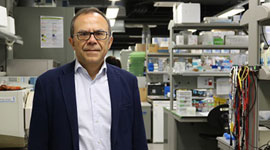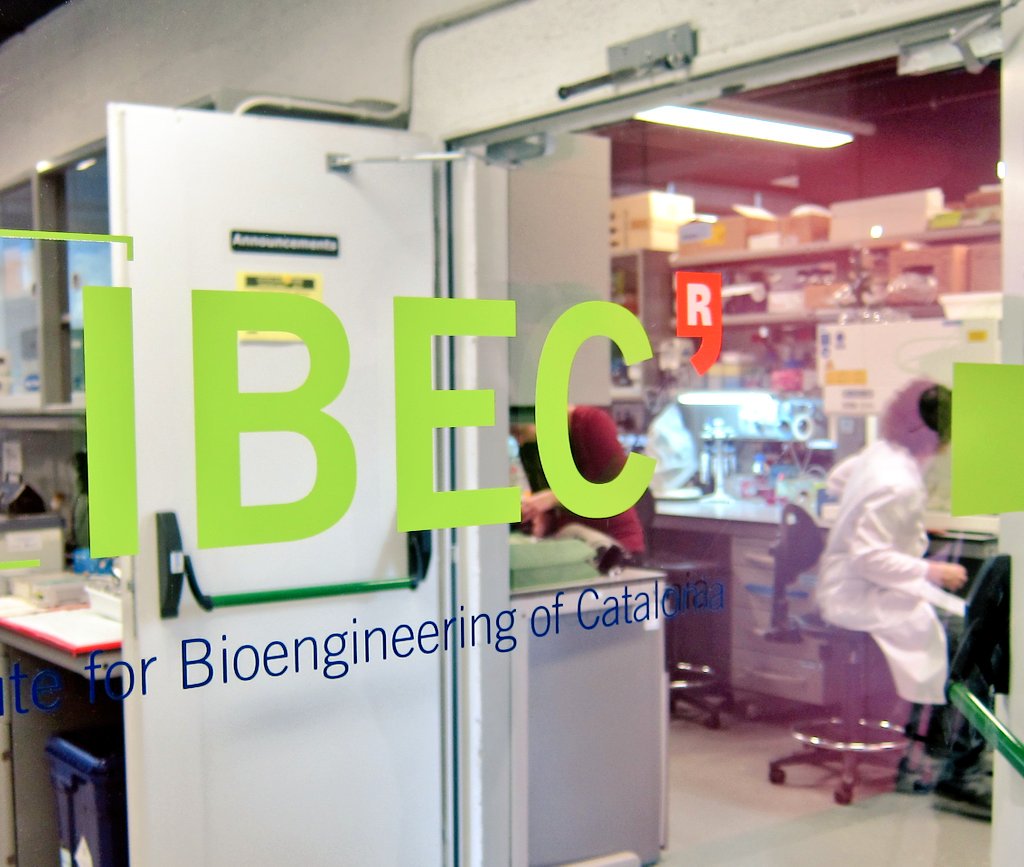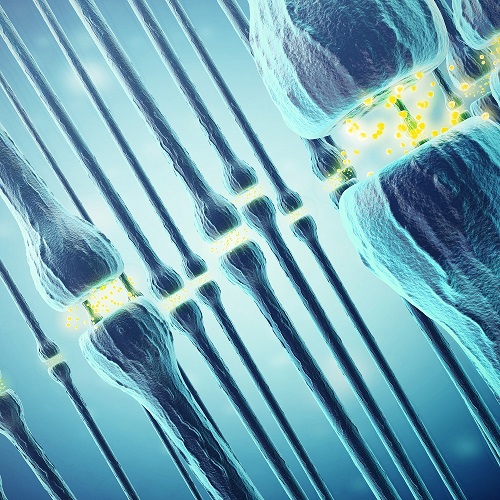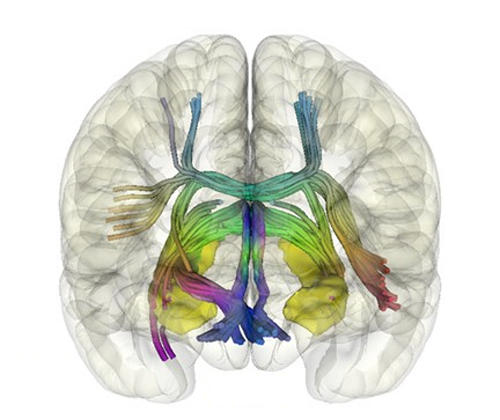 Àngels López
Àngels López
Clinical and bioengineering researchers accelerate together towards the medicine of the future
The Vall d’Hebron Research Institute (VHIR) and the Institute for Bioengineering of Catalonia (IBEC) intensify their collaboration to face health challenges. With the last translational conferences, both institutions reinforce the alliance signed in 2012 to address, among others, infectious, neurodegenerative diseases, rare diseases, tissue regeneration, pediatric cancer or Parkinson’s.
Postdoc at the Biomimetic systems for cell engineering Research Group
 Data límit: 28/05/2021
Data límit: 28/05/2021
Ref: EM-PR.21
Biomimetic systems for cell engineering Group is looking for a postdoc to develop a hydrogel-based microfluidic chip mimicking the tumor vascular microenvironment. The contract will be within the framework of the PROMISE project, whose objective is to develop an in vitro tool to reliably mimic the tumoral vascular microenvironment of metastatic colorectal cancer patients.
Postdoctoral Researcher at the Nanoprobes & Nanoswitches Research Group

Application Deadline: 31/05/2021
Ref: SR-PG
The nanoprobes group at the Institute for Bioengineering of Catalonia (IBEC) is looking for a Postdoctoral Researcher on electrochemical tunneling spectroscopy
Experts aim to promote biomedical research
Josep Samitier, Teresa Sanchis and Nuria Montserrat highlight the advances made in nanomedicine and bioengineering for health in the XIV Annual Conference of Biomedical Research Technology Platforms, and support the voices that recommend increasing resources for the entire sector of basic and clinical research.
Experts highlight the importance of nanomedicine and bioengineering to address health challenges
IBEC experts participate in the XIV Annual Conference of Biomedical Research Technology Platforms, focusing on research opportunities following the pandemic caused by COVID19. Josep Samitier, Teresa Sanchís and Nuria Montserrat highlight the advances made in nanomedicine and bioengineering for health, and join the voices that recommend increasing resources for the entire sector of basic and clinical research.
Research Assistant at the Cellular and Molecular Mechanobiology Research Group

Application Deadline: 23/05/2021
Ref: RA-PR
The Cellular and molecular mechanobiology group at the Institute for Bioengineering of Catalonia (IBEC) is looking for a Research Assistant to work on membrane responses to cell stretch.
Laboratory Technician at the Pluripotency for organ regeneration
 Data límit: 15/06/2021
Data límit: 15/06/2021
Ref: LT_NM
Pluripotency for organ regenerationis looking for a technician to join IBEC in the frame of the project “Identifying SARS-CoV-2- host cell interactions exploiting CRISPR/Cas9 engineered human organoids: through the development of specific therapies against COVID19” financed by Fundación BBVA








